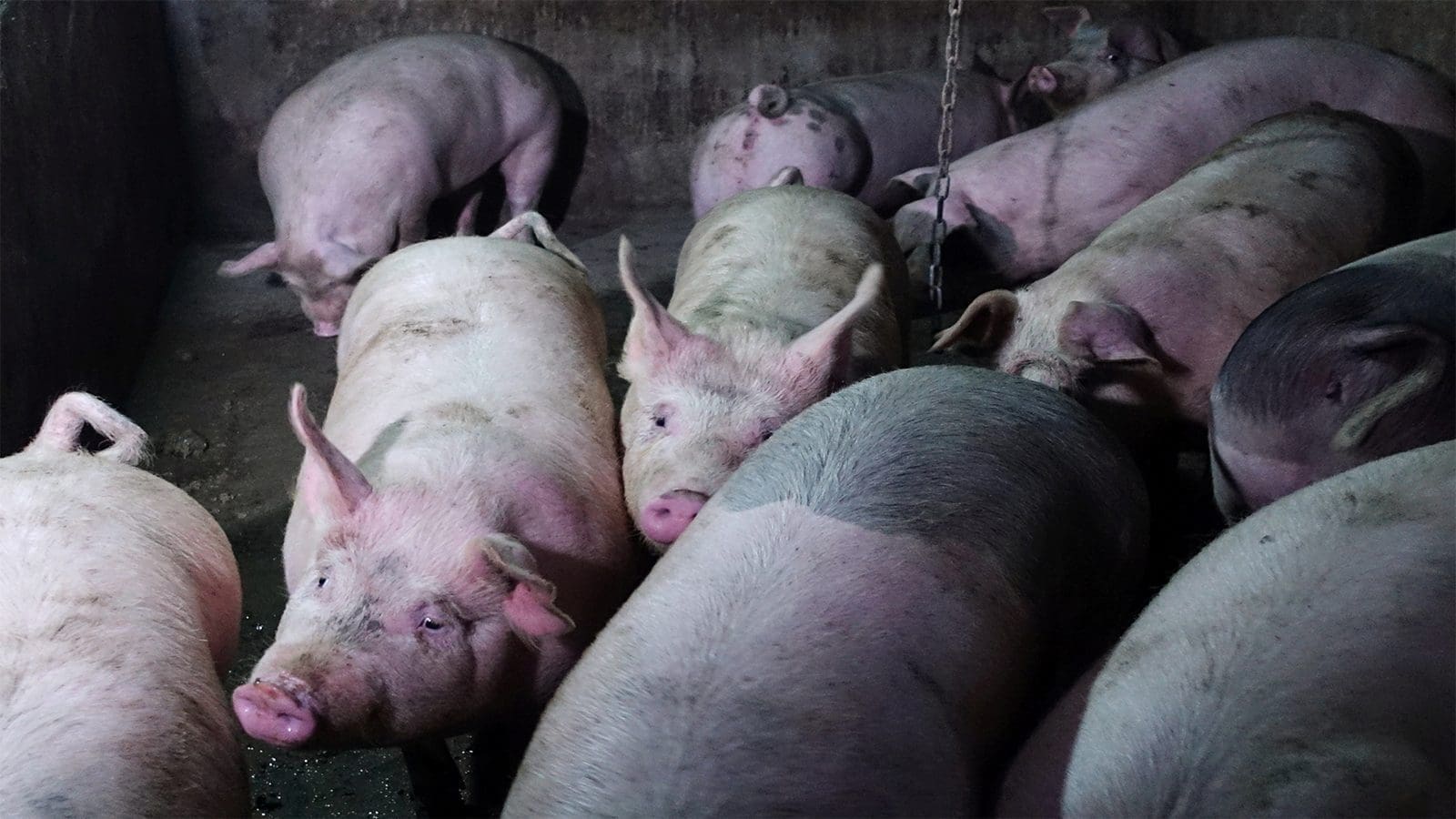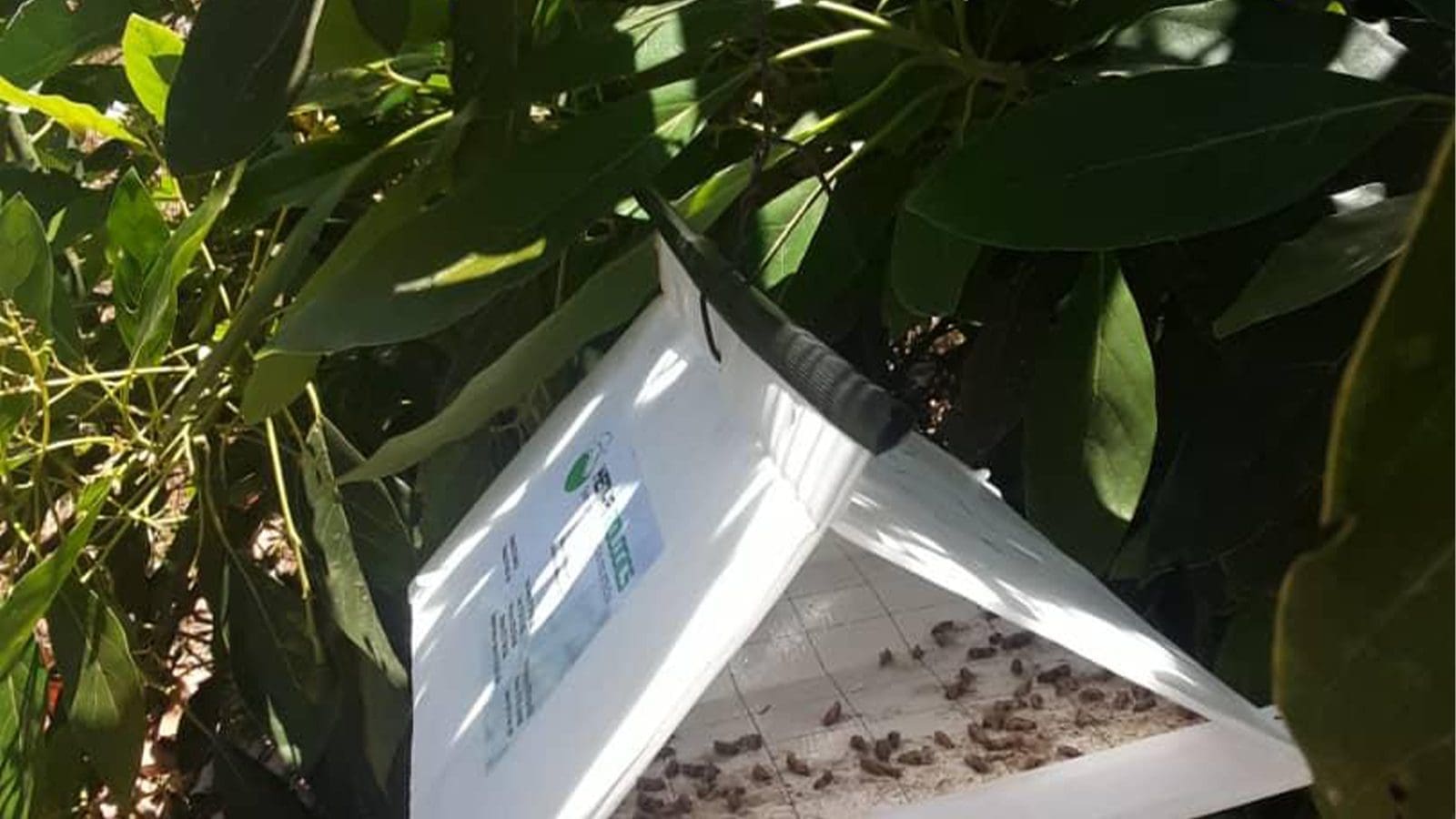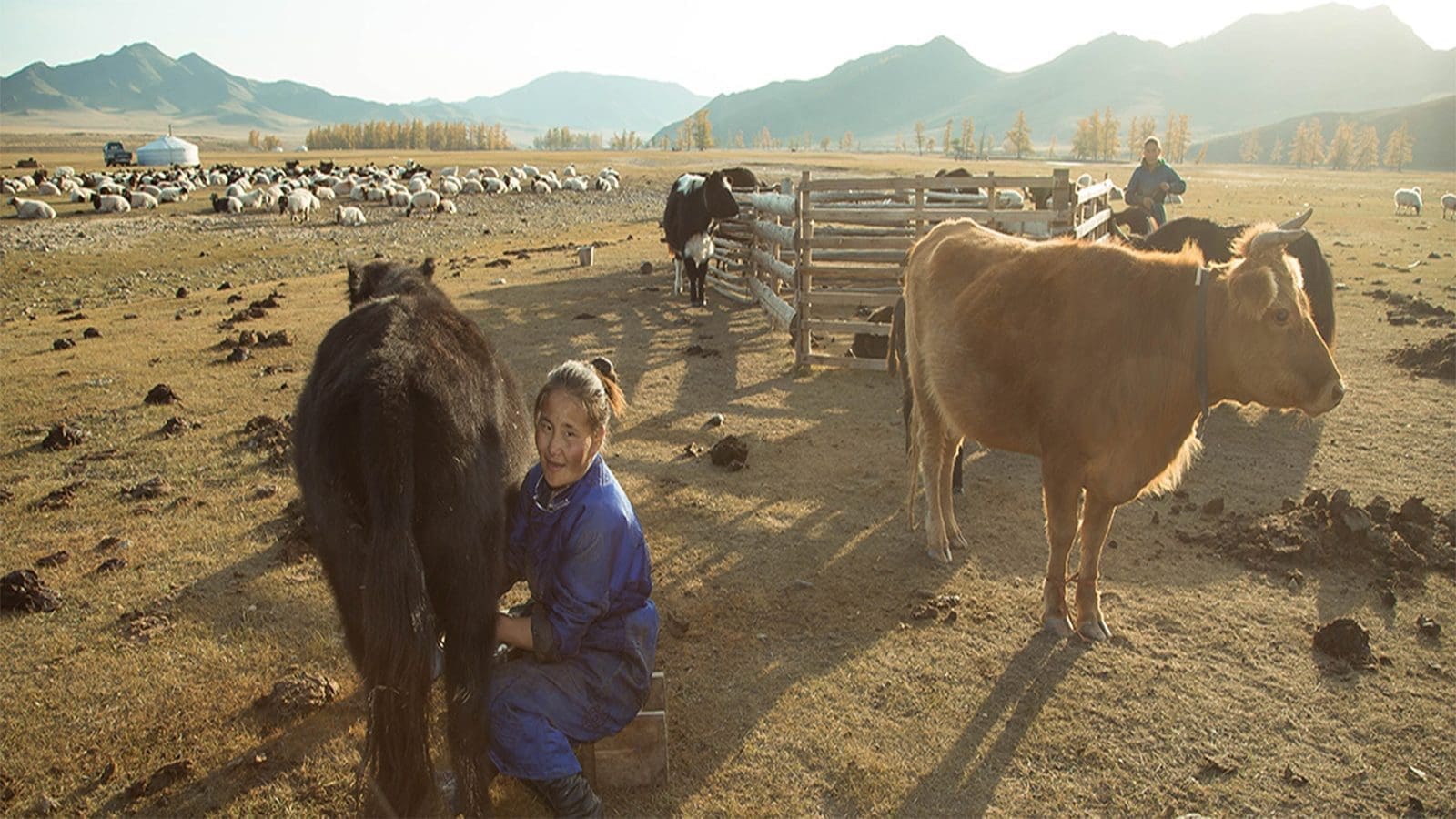SOUTH AFRICA/NIGERIA – Over the past two months, new outbreaks of African Swine Fever (ASF) have been recorded in seven provinces of South Africa and some Southern States of Lagos and Abia in Nigeria.
Additional 13 ASF occurrences have been formally reported by South Africa’s veterinary agency to the World Organization for Animal Health since the end of August (WOAH).
Ten of these outbreaks affected Gauteng, KwaZulu-Natal, the Free State, the North West, and Mpumalanga.
One outbreak, with commencement dates ranging from June 7 to October 4, affected a village herd of 500 animals, while the rest occurred on farms. Available data revealed that each incidence affected six to 209 pigs.
The first ASF cases to be reported in the Eastern Cape since April occurred this month. Out of a herd of 5,000 pigs in the village, 16 were reported dead by WOAH.
Early in September, a second epidemic of a different disease wave occurred at a location in KwaZulu-Natal. On the farm, more than 100 of the 400 pigs perished.
Finally, early in July, ASF struck a village herd of 150 animals in the Western Cape. 46 of the pigs perished, according to the most recent WOAH notification.
South Africa has reported to WOAH 192 ASF outbreaks every month since April 2019.
According to these data, there have been roughly 70,700 domestic pigs directly affected by culling-related mortality.
All of the outbreaks have taken place outside the country’s ASF-free zone.
Meanwhile in Nigeria, ASF still prevails in the Southern States of Lagos and Abia, according to a notification sent to WOAH by Nigeria’s animal health ministry around a month ago.
According to the notification, pig morbidity and mortality had increased in these states from level 1 (of 5) to level 5.
The Nation reported in August that the disease had suddenly increased in Oyo and Ondo, two states in the Southwest of the nation.
A prohibition on pig movements without a health certificate during active epidemics was among the recommendations made at the time by those with enterprises in the pig industry.
The country’s pig business association claims that ASF has been spreading throughout the West African country since 2020. It has led to the culling of 200,000 pigs, and losses estimated at NGN10 billion (US$23 million).
ASF ‘resolved’ in Zambia
In the Southern African state of Zambia, the ASF situation has been resolved, according to Feed Strategy.
According to a recent communication to WOAH, this follows two outbreaks that occurred in early March at nearby veterinary camps. Thirty-one pigs in total were impacted.
In the interim, Zambia has not seen any additional cases of the illness.
ASF is a deadly, highly contagious viral disease that affects both domestic and wild pigs. It does not affect human health but quickly spreads between swine populations.
People can also unknowingly spread the disease on their clothing, farming equipment or by transporting uncooked pork products.
The United States Department of Agriculture’s (USDA) Animal and Plant Health Inspection Service (APHIS) recently initiated an outreach and awareness campaign dubbed “Protect Our Pigs”, to prevent the introduction and spread of African swine fever (ASF) in the U.S.
For all the latest food safety news from Africa and the World, subscribe to our NEWSLETTER, follow us on Twitter and LinkedIn, like us on Facebook and subscribe to our YouTube channel.








